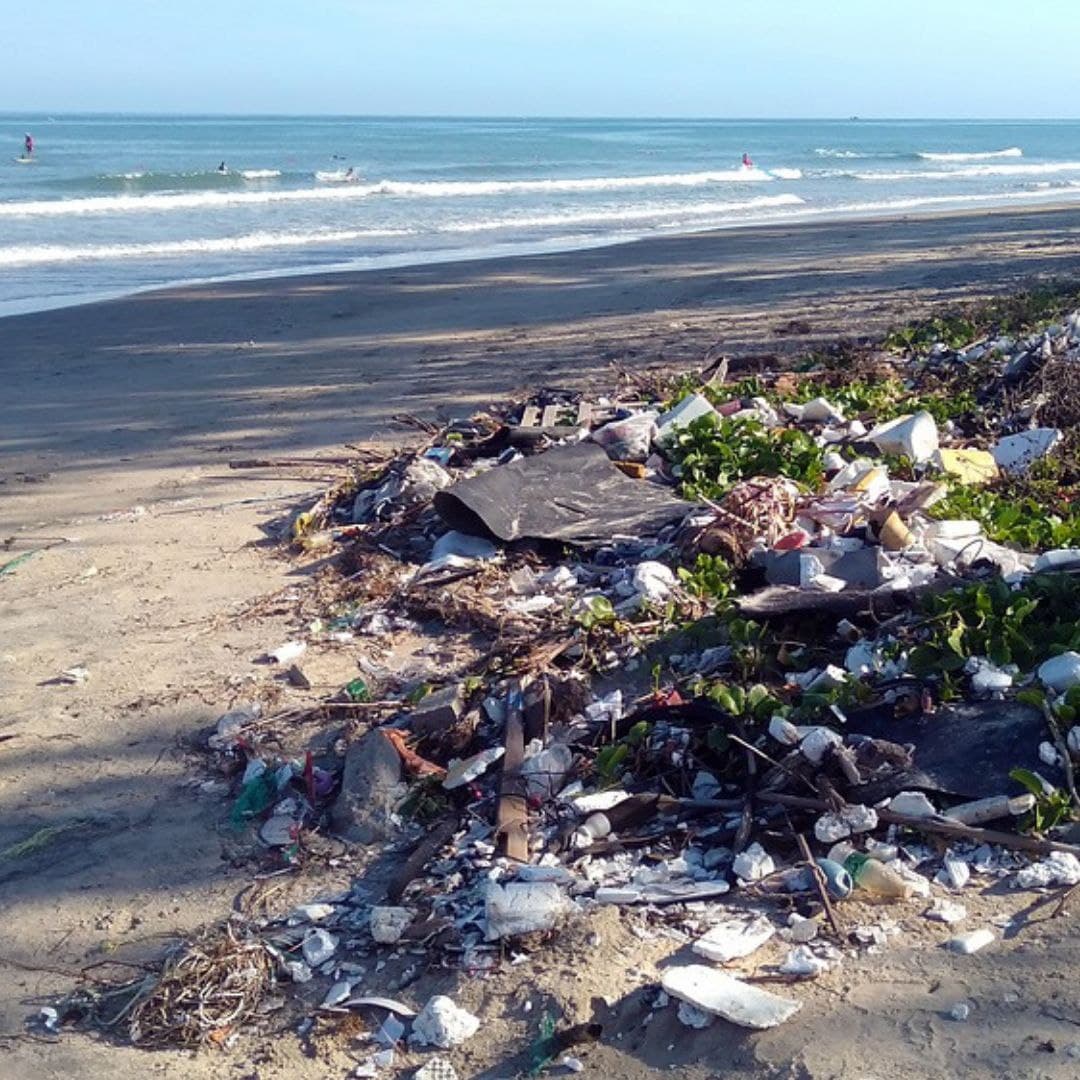
Image Credit: Pixabay
Plastic Pollution In Aquatic Systems Could Triple By 2040, Says UNEP Report
Writer: Madhusree Goswami
A mountain girl trying to make it big in the city. She loves to travel and explore and hence keen on doing on-ground stories. Giving the crux of the matter through her editing skills is her way to pay back the journalism its due credit.
Others/World, 26 Oct 2021 12:57 PM GMT
Editor : Snehadri Sarkar |
While he is a massive sports fanatic, his interest also lies in mainstream news and nitpicking trending and less talked about everyday issues.
Creatives : Madhusree Goswami
A mountain girl trying to make it big in the city. She loves to travel and explore and hence keen on doing on-ground stories. Giving the crux of the matter through her editing skills is her way to pay back the journalism its due credit.
The report said that without urgent action, the estimated 11 million metric tons of plastic currently entering the ocean annually will triple in the next 20 years.
According to an assessment released by the UN Environment Programme (UNEP), plastic pollution in oceans and other bodies of water continues to grow sharply and could more than double by 2030,
The report throws light on dire consequences for health, the economy, biodiversity and the climate. It also says a drastic reduction in unnecessary, avoidable and problematic plastic, is important to addressing the global pollution crisis overall.
To help reduce plastic waste, the report proposes a quicker transition from fossil fuels to renewable energies, the removal of subsidies and a shift towards more circular approaches towards reduction.
Titled From Pollution to Solution: a global assessment of marine litter and plastic pollution, the report shows that there is a growing threat of plastic, across all ecosystems, from source to sea.
The report said that without urgent action, the estimated 11 million metric tons of plastic currently entering the ocean annually will triple in the next 20 years. This would translate to between 23 and 37 million metric tons of plastic flowing into the ocean every year by 2040.
It also highlights the harm it causes to marine life. Since plastics don't biodegrade (decompose naturally in a way that's not harmful to the environment), they break down over time into ever smaller pieces known as microplastics and nanoplastics, which can have adverse impacts. Marine mammals, sea turtles and other animals often drown getting trapped in lost or discarded plastics, including packaging or fishing gear.
Additionally, the toxins found in plastics affect the ocean food web and soak up pollutants that flow off the land into the sea, including pharmaceutical and industrial waste. The toxicity can transfer through the food chain as marine species eat and are eaten.
The document has been released just days ahead of the start of the crucial UN Climate Conference, COP26, stressing that plastics are a climate problem as well.
How Is It Related To Climate Change?
Plastic is primarily produced from oil and gas, both of which are fossil fuels. The more plastic we make, the more fossil fuel is required, therreby intensifying the crisis. Also, plastic products result in greenhouse gas emissions across their whole lifecycle. If no action is taken, greenhouse gas emissions from the production, recycling and incineration of plastics could account for 19 per cent of the Paris Agreement's total allowable emissions in 2040 to limit warming to 1.5 degrees Celsius, the report added.
Also Read: Bengaluru: Gang Ties Children To Tree; Forces Them To Smoke 'Bheedi'; Video Goes Viral
 All section
All section














